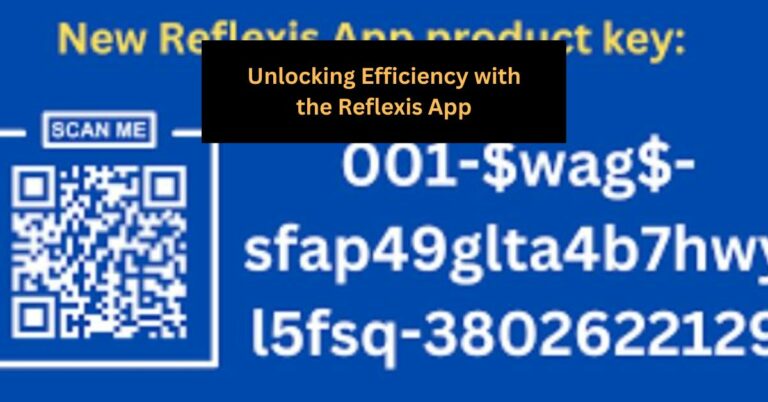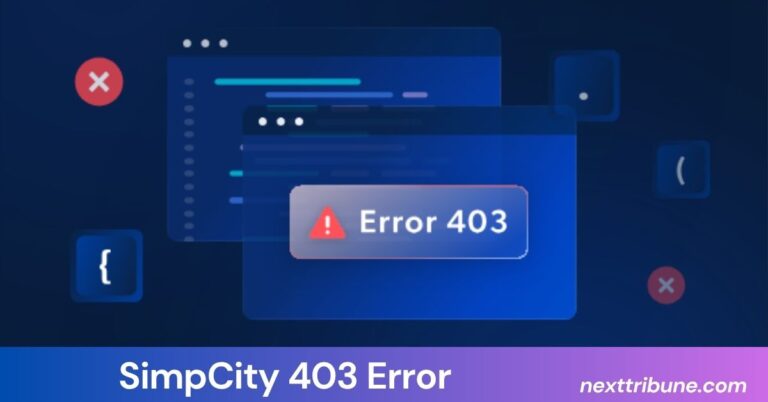
Healthcare professionals handle sensitive patient information on a daily basis, making secure communication channels necessary for protecting patient privacy. HIPAA compliant systems provide healthcare organizations with the tools needed to maintain confidentiality while facilitating professional communication. Understanding the requirements and benefits of HIPAA compliant email helps healthcare providers make informed decisions about their communication infrastructure.
What Is a HIPAA Compliant Email?
HIPAA compliant email refers to electronic messaging systems that meet the security and privacy requirements outlined in the HIPAA Security Rule. These systems protect PHI during transmission and storage through various technical safeguards. The email platform must provide adequate protection against unauthorized access, modification, or disclosure of patient information.
The Health Insurance Portability and Accountability Act (HIPAA) establishes strict guidelines for protecting patient health information. Email communication falls under these regulations when it involves the transmission of protected health information (PHI). Healthcare organizations must implement appropriate safeguards to prevent unauthorized access to patient data during electronic communication.
A HIPAA compliant system goes beyond standard email encryption. It incorporates multiple layers of security to address the comprehensive requirements of HIPAA regulations. The system must also provide audit trails and access controls to track who accesses patient information and when it is accessed. HIPAA compliant email platforms provide the necessary technical safeguards to protect patient information throughout the communication process.
What Are Its Characteristics?
HIPAA compliant systems incorporate several key characteristics that distinguish them from standard email platforms. End-to-end encryption protects messages during transmission, making them unreadable to unauthorized parties. The encryption process scrambles the message content, allowing only the intended recipient to decrypt and read the information.
Access controls restrict who can view, send, or receive emails containing PHI. These controls include user authentication mechanisms such as multi-factor authentication and role-based permissions. The system maintains detailed audit logs that track all email activity, including when messages are sent, received, opened, and deleted. Data backup and recovery features protect against information loss while maintaining security standards.
How Is It Beneficial?
HIPAA compliant systems provide healthcare organizations with secure communication channels that protect patient privacy. These systems reduce the risk of data breaches and associated penalties while maintaining professional communication standards. Healthcare providers can confidently share patient information with colleagues, specialists, and other authorized parties.
The audit trail capabilities of HIPAA compliant systems help organizations demonstrate compliance during regulatory reviews. These detailed logs provide evidence of proper security measures and access controls. Healthcare organizations can track communication patterns and identify potential security issues before they become problematic. Medical professionals can also access encrypted email directly from electronic health record systems or practice management software.
Learn More About HIPAA Compliance
HIPAA compliant systems provide healthcare organizations with the security measures needed to protect patient information during electronic communication. These systems incorporate encryption, access controls, and audit trails to meet regulatory requirements. The benefits of HIPAA compliant email include reduced security risks, improved workflow integration, and demonstrated compliance with healthcare regulations. Healthcare professionals should carefully evaluate their current email systems and think about upgrading to HIPAA compliant platforms.






